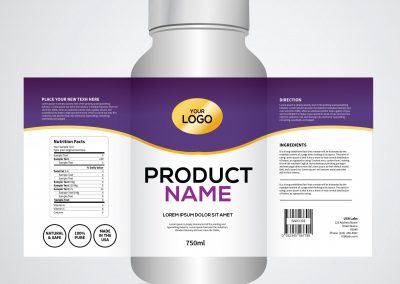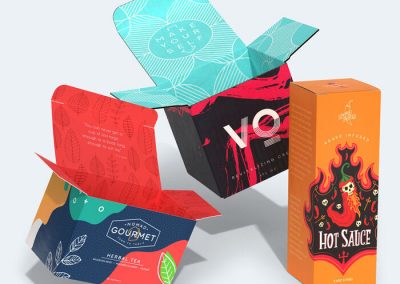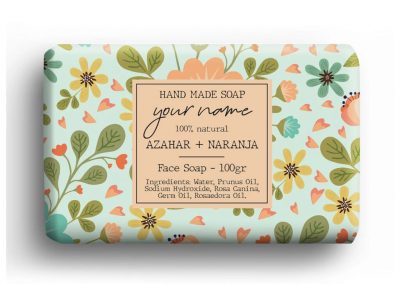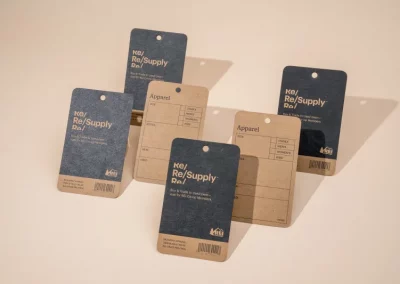Mock Product Design: Package or Label Design
- Basics of how to create a Mockup
- Basics of product and packaging design
- Learn how to create an eye-catching label or product mockup
- Combine branding elements (logo, fonts, colors, message) into a design
- Practice designing with real-world marketing in mind
Scripture
Psalm 90:17 (HCSB) – “Let the favor of the Lord our God be on us; establish for us the work of our hands—establish the work of our hands!”
➡️ Discussion Prompt:
- What kind of work do you feel called to?
- How can we use our gifts, like design, to serve or bless others?
Course Content
Product Design Basics
- Product packaging types: labels, boxes, wrappers, tags
- What makes a label stand out on a shelf (color, typography, layout, message)
- Discuss how branding is reinforced through packaging
Packaging plays a major role in strengthening a brand’s identity and message. It’s more than just a container—it’s a design tool that communicates who the brand is and what it stands for.
-
Logo and Color Scheme – Consistent use of the brand’s logo, colors, and fonts helps customers instantly recognize the brand.
Example: Coca-Cola’s red and white packaging is instantly recognizable anywhere in the world. -
Visual Style and Imagery – The imagery and design style (minimalist, luxurious, eco-friendly, playful, etc.) help reinforce the brand’s personality.
Example: Apple’s clean, sleek boxes match its modern, high-end image. -
Typography – Fonts used on packaging should align with the brand’s tone—bold and fun for a youthful brand, elegant and serif for a premium brand.
-
Materials and Texture – The feel of the packaging (matte, glossy, recycled paper, etc.) can reflect brand values such as sustainability or luxury.
-
Messaging and Taglines – Short messages or slogans printed on packaging remind consumers what the brand believes in or offers.
-
Unboxing Experience – For many modern brands, especially online ones, how the product is opened (presentation, inserts, wrapping) creates a memorable connection that encourages loyalty and sharing on social media.
-
Consistency Across Platforms – The design on packaging should match the visuals used on the website, ads, and social media to maintain a cohesive brand experience.
Create a Product Label
- Set up a label-sized document (3″ x 5″, or a rectangle/square)
- Add:
- Product name (focal point)
- Tagline or description
- Logo (placeholder or student-made)
- Small print (ingredients, contact info, barcode optional)
- Add texture or background pattern
Optionally, mock it up on a product using a smart object or overlay
Requirements:
- Must include product name, logo (can be placeholder), and descriptive tagline
- Use at least one background color or texture
- Align all text clearly and legibly
Optional: Add shapes or icons that reflect the product
Homework
- Submit product label design as JPG
- Add the design to Mockup and submit
- In 2–3 sentences, answer:
- “What makes a label attractive and trustworthy to you?”
- “What part of your design do you think worked best?”




